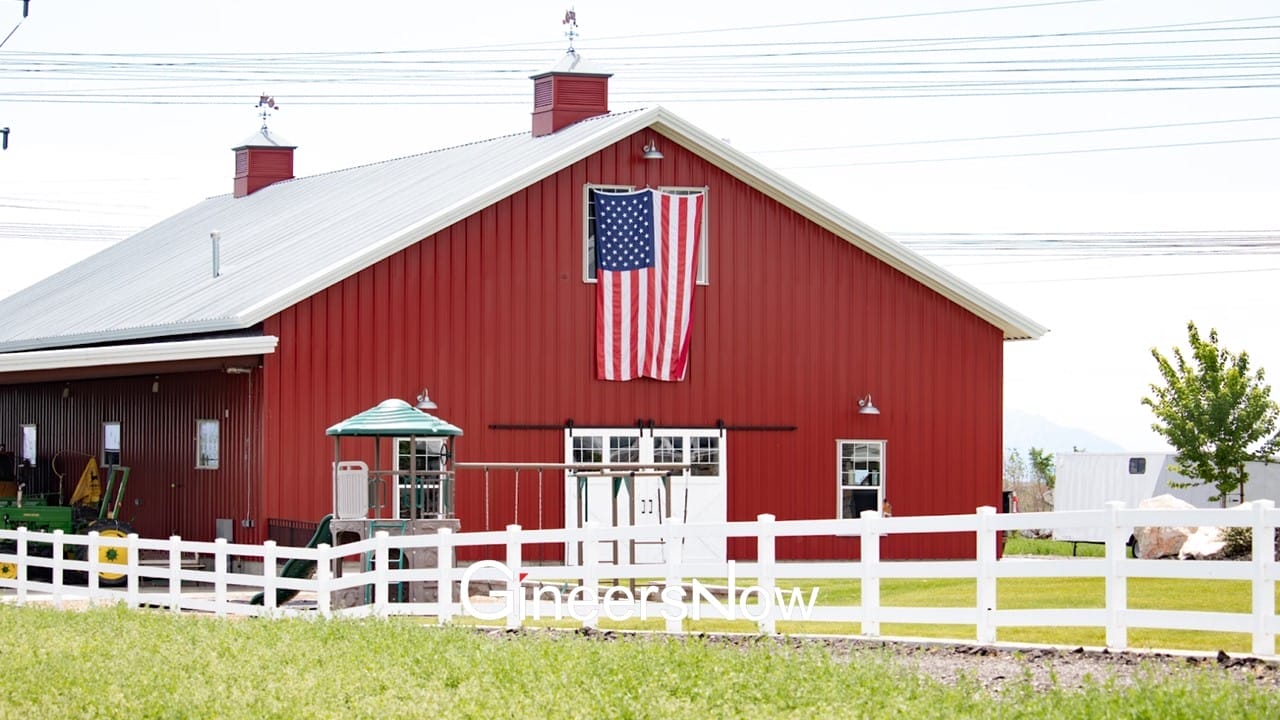We’ve explained what geotechnical engineering is all about – it is that subfield of civil engineering wherein the behaviour of soils under the influence of loading forces and soil-water interactions are studied. This study is applied in the extended fields of foundation and earthquake engineering having to deal with soils. Geotechnical engineers should know this description by heart.

Books for Geotechnical Engineers (Source: Giphy)
But in case you forgot, there are a wide variety of textbooks that provide detailed discussions about the different topics about this field. Here are 7 best technical books for geotechnical engineers:
Soil Mechanics in Engineering Practice
by Karl Terzaghi, Ralph B. Peck and Gholamreza Mesri

Books for Geotechnical Engineers (Source: Amazon)
This book is one of the best-known and most respected books in geotechnical engineering. In its third edition, it presents both theoretical and practical knowledge of soil mechanics in engineering. It features expanded coverage of vibration problems, mechanics of drainage, passive earth pressure, and consolidation.
Soil Behaviour and Critical State Soil Mechanics
by David Muir Wood

Books for Geotechnical Engineers (Source: Amazon)
Soils can rarely be described as ideally elastic or perfectly plastic and yet simple elastic and plastic models form the basis for the most traditional geotechnical engineering calculations. With the advent of cheap powerful computers the possibility of performing analyses based on more realistic models has become widely available. One of the aims of this book is to describe the basic ingredients of a family of simple elastic-plastic models of soil behaviour and to demonstrate how such models can be used in numerical analyses.
Fundamentals of Soil Behavior
by James K. Mitchell and Kenichi Soga

Books for Geotechnical Engineers (Source: Amazon)
This book has long held a key role in that market position, as a comprehensive text on the physical properties of soil and the fundamental physical behavior of soil under various stresses and over time.
Principles of Foundation Engineering
by Braja M. Das

Books for Geotechnical Engineers (Source: Amazon)
Principles of Foundation Engineering consists of updated research and practical applications related to the field of foundation engineering. The book is useful for students of civil engineering as it features concepts based on foundation analysis and design.
Geotechnical Earthquake Engineering
by Steven L. Kramer

Books for Geotechnical Engineers (Source: Gate Counsellor)
This is the first book on the market focusing specifically on the topic of geotechnical earthquake engineering. Also covers fundamental concepts in seismology, geotechnical engineering, and structural engineering.
Foundation Analysis and Design
by Joseph Bowles

Books for Geotechnical Engineers (Source: Amazon)
The revision of this best-selling text for a junior/senior course in Foundation Analysis and Design now includes an IBM computer disk containing 16 compiled programs together with the data sets used to produce the output sheets, as well as new material on sloping ground, pile and pile group analysis, and procedures for an improved analysis of lateral piles.
Principles of Soil Dynamics
by Braja M. Das

Books for Geotechnical Engineers (Source: Amazon)
Principles of Soil Dynamics is an unparalleled reference book designed for an introductory course on Soil Dynamics. Authors Braja M. Das, best-selling authority on Geotechnical Engineering and Ramana V. Gunturi, Dean of the Civil Engineering Department at the India Institute of Technology in New Delhi, present a well revised update of this already well established text. The primary focus of the book is on the applications of soil dynamics and not on the underlying principles. The material covered includes the fundamentals of soil dynamics, dynamic soil properties, foundation vibration, soil liquefaction, pile foundation and slope stability.














